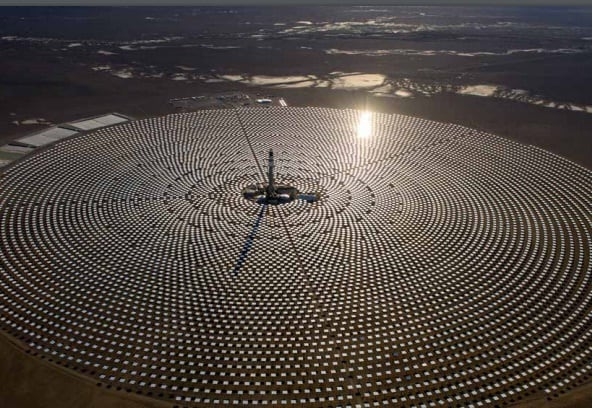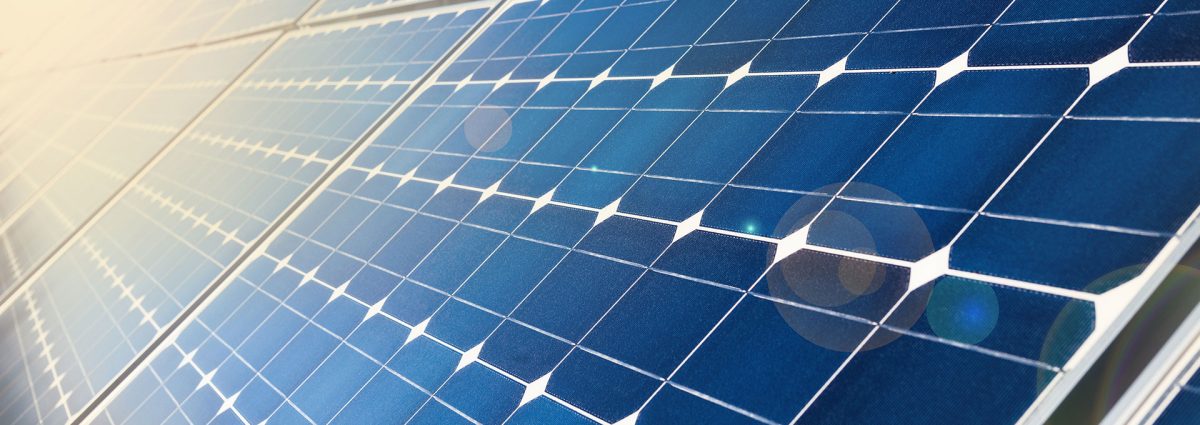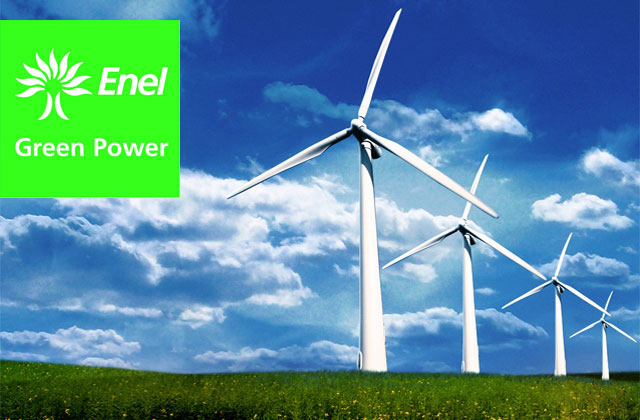

The 100 MW Redstone solar thermal project, in the Northern Cape, which has 12 hours of energystorage capacity, will be able to reliably deliver a stable supply of clean electricity to the equivalent of more than 200 000 South African homes each year.
The project, which is adjacent to the 75-MW Lesedi and 96-MW Jasper photovoltaic (PV) solarpowerprojects, will be developed by a consortium led by utility-scale solar power project developer SolarReserve and international power and water company ACWA Power, following the signing, last week, of a twenty-year power purchase agreement with power utility Eskom.
The Redstone project will use SolarReserve’s proprietary ThermaVault technology, a solar thermal technology with integrated molten salt energy storage, which solves the intermittency issues experienced with other renewable energysolutions, and is dispatchable for 24 hours, seven days a week, the company said.
SolarReserve will supply the core technology for the project, including the molten salt receiver, which will be the heart of the power station, along with the heliostat collector field controls and tracking system.
“The Redstone project marks an important technology advancement for South Africa in clean and renewable energy,” said SolarReserve CEO Kevin Smith.
He added that owing to the fully integrated thermal energy storage, the facility will provide power on-demand, just like conventional coal, oil, nuclear or natural gas-fired power plants, without harmful emissions or hazardous materials, and without any fuel cost or foreign exchange risks.
“We look forward to working with our partners and stakeholders, including the communities where the project is located, to support South Africa in meeting its energy supply targets, stimulating long-term economic development and creating new jobs and businesses,” Smith enthused.
The Redstone project is expected to create over 4 000 jobs during construction. Forty-three per cent of the capital cost of the project will also be spent in South Africa.
The project will have over 26% black economic empowerment (BEE) shareholding, and commits to a 2.5% community trust, which further supports local communities.
Over R700-million will be expended on small to medium-sized enterprises and socio-economic projects over the 20-year period. Tax contributions are estimated to be in excess of R7-billion in income tax over the first 20 years of operation.
More news
- STATE-DRIVEN OPPORTUNITIES FOR SA CONSTRUCTION COMPANIES BUT MANAGING RISK IS A PRIORITY
- PART 4: SA’S TRADE DILEMMA: A PODCAST DISCUSSION WITH DONALD MACKAY
- CONCOR KICKS OFF OXFORD PARKS BLOCK 2A PHASE I PROJECT
- PART 3: SA’S TRADE DILEMMA: A PODCAST DISCUSSION WITH DONALD MACKAY
- MBA: ‘HOW CONSTRUCTION FIRMS SHOULD PREPARE FOR THE WORST’





